
More than 11 years revealing secrets because there is no excuse for secrecy in religion – w1997 June 1; Dan 2:47; Matt 10:26; Mark 4:22; Luke 12:2; Acts 4:19, 20.
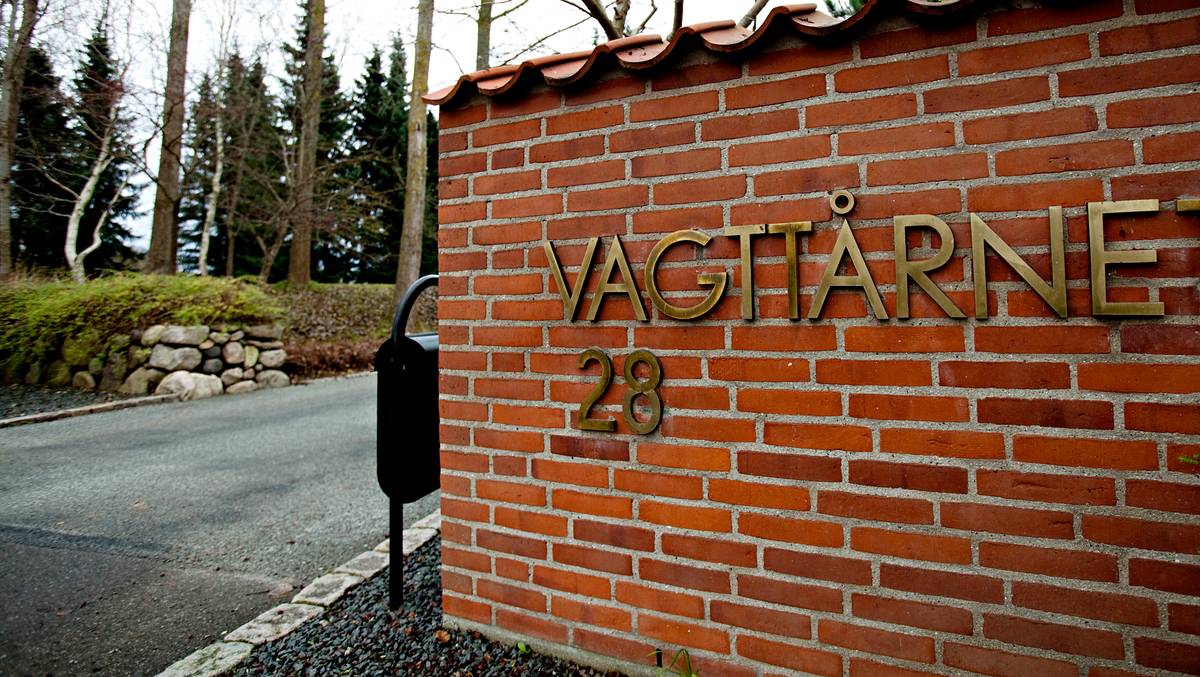
The State Administrator reminded Jehovah’s Witnesses that this denial of State funding is in no way, prejudicial to their freedom of religion and assembly nor does it limit their ability to practice their religion. Jehovah’s Witnesses were also reminded that the ECHR has stated that access to financial support does not affect the individual’s right to express their religion.
In its letter dated March 30th 2022, the State Administrator uses the following manuals produced by Jehovah’s Witnesses to justify its decision to no longer grant them State funding:
The following extracts from the above Watchtower publications actively encourages shunning or exclusion and bans any further contact with those who are disfellowshipped or disassociated.
*** Organized to Do Jehovah’s Will, chap. 14 p. 151 par. 29 – Maintaining the Peace and Cleanness of the Congregation ***
When it is necessary to disfellowship [exclude, expel] an unrepentant wrongdoer from the congregation, a brief announcement is made, stating: “[Name of person] is no longer one of Jehovah’s Witnesses.” This will alert faithful ones in the congregation to stop associating (bold mines) with that person.
*** Organized to Do Jehovah’s Will, chap. 14 pp. 152-153 par. 33 – Maintaining the Peace and Cleanness of the Congregation ***
In contrast, if a person who is a Christian chooses to disassociate [voluntarily resign or withdraw] himself, a brief announcement is made to inform the congregation, stating: “[Name of person] is no longer one of Jehovah’s Witnesses.” Such a person is treated in the same way as a disfellowshipped person.
*** Organized to Do Jehovah’s Will, chap. 14 p. 155 par. 39 – Maintaining the Peace and Cleanness of the Congregation ***
If an unbaptized wrongdoer is unrepentant after two elders have met with him and have tried to help him, then it is necessary to inform the congregation. A brief announcement is made, stating: “[Name of person] is no longer recognized as an unbaptized publisher.” The congregation will then view the wrongdoer as a person of the world. Although the offender is not disfellowshipped, Christians [other Jehovah’s Witnesses] exercise caution with regard to any association (bold mines) with him.
The State Administrator also used the following paragraph of “Shepherd the Flock of God (Chapter 12)”:
Though this is not an exhaustive list, brazen conduct may be involved in the following if the wrongdoer has an insolent, contemptuous attitude made evident by a practice of these things:
(1) Unnecessary Association with Disfellowshipped or Disassociated Individuals: Willful, continued, unnecessary association with disfellowshipped or disassociated non-relatives despite repeated counsel would warrant judicial action. —Matt. 18:17b; 1 Cor. 5:11, 13; 2 John 10, 11; lvs pp. 39-40.
If a publisher in the congregation is known to have unnecessary association with disfellowshipped or disassociated relatives who are not in the household, elders should use the Scriptures to counsel and reason with him. Review with him information from the Remain in God’s Love book, page 241.
If it is clear that a Christian is violating the spirit of the disfellowshipping decree in this regard and does not respond to counsel, he would not qualify for congregation privileges, which require one to be exemplary. He would not be dealt with judicially unless there is persistent spiritual association or he persists in openly criticizing the disfellowshipping decision.
The State Administrator ruled that the above paragraph constitutes a ban on associating or having any contact with those are expelled or have withdrawn from the religion; that defying paragraph 17 do have consequences for the offending member; and that this is contradicts the claim made by Jehovah’s Witnesses in paragraph 61 of their appeal dossier that “those who belong to the congregation make a personal and free choice as to how they choose to spend their time with family and friends.”
The State Administrator ruled that by actively encouraging and having detailed rules about shunning, Jehovah’s Witnesses prevented withdrawal from their religion; and therefore, violated the Religious Communities Act § 2 which states that the right to freedom of religion presupposes that withdrawal can take place unconditionally and without obstacles on the part of the religious or philosophical community.
Furthermore, the State Administrator stated that the shunning scheme of Jehovah’s Witnesses is intentional and the fact that minors are not exempted from the said scheme, violates the rights of the child.
The State Administrator reminded Jehovah’s Witnesses that this denial of State funding is in no way, prejudicial to their freedom of religion and assembly nor does it limit their ability to practice its religion; that the State is free to choose how one wants to support religious communities and has no positive obligations under ECHR art. 9 in the case of government grants.
Jehovah’s Witnesses were also reminded that the ECHR has stated that access to financial support does not affect the individual’s right to express their religion.



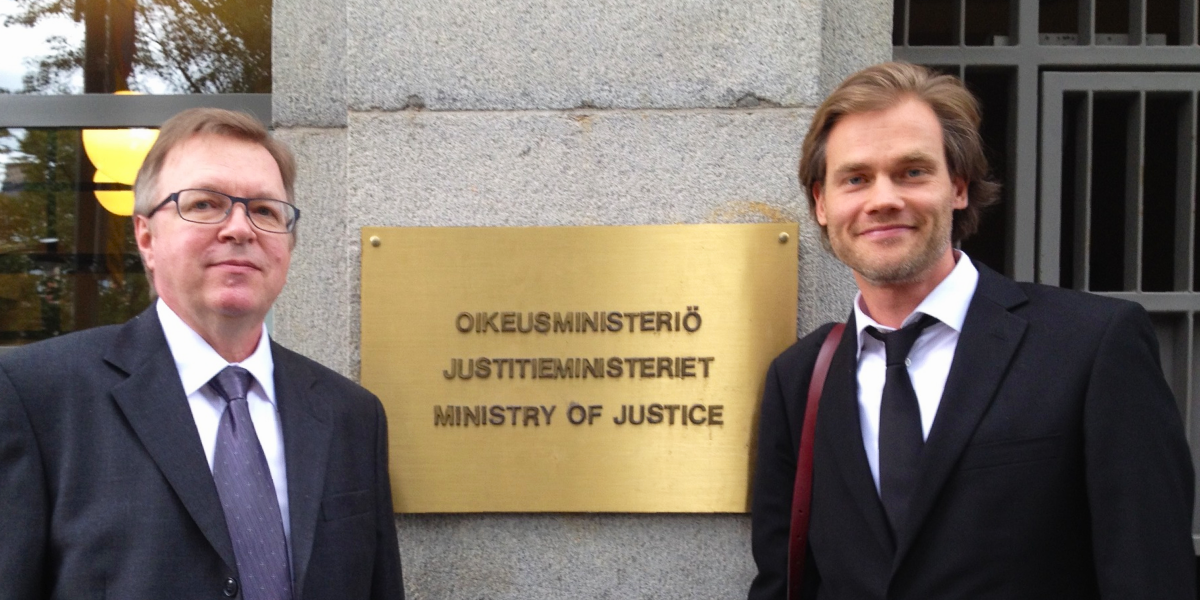

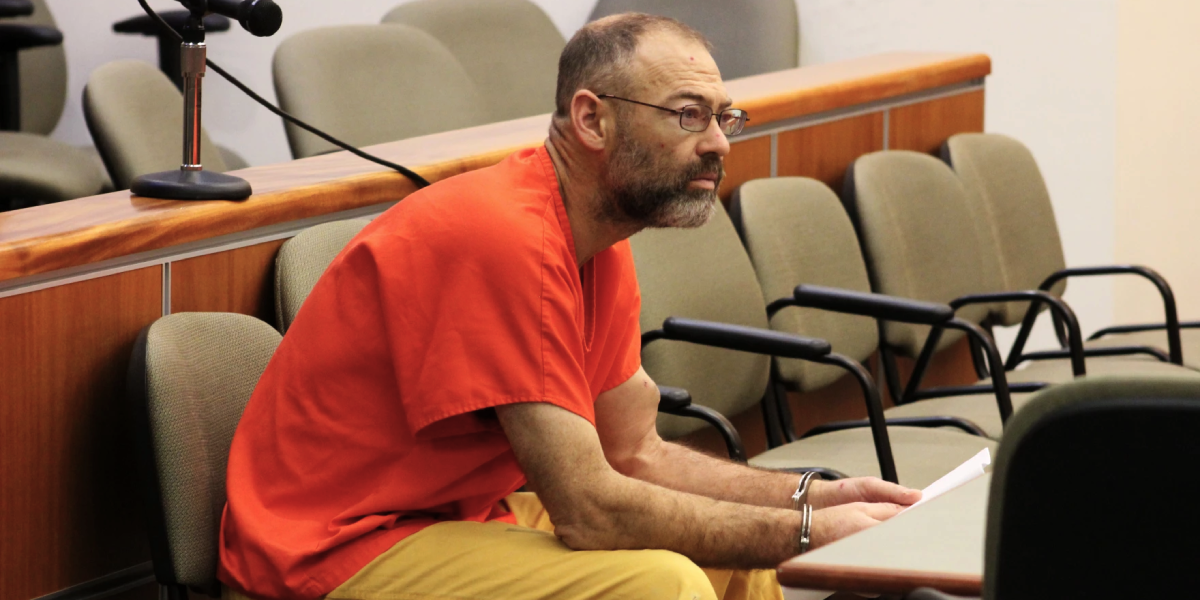

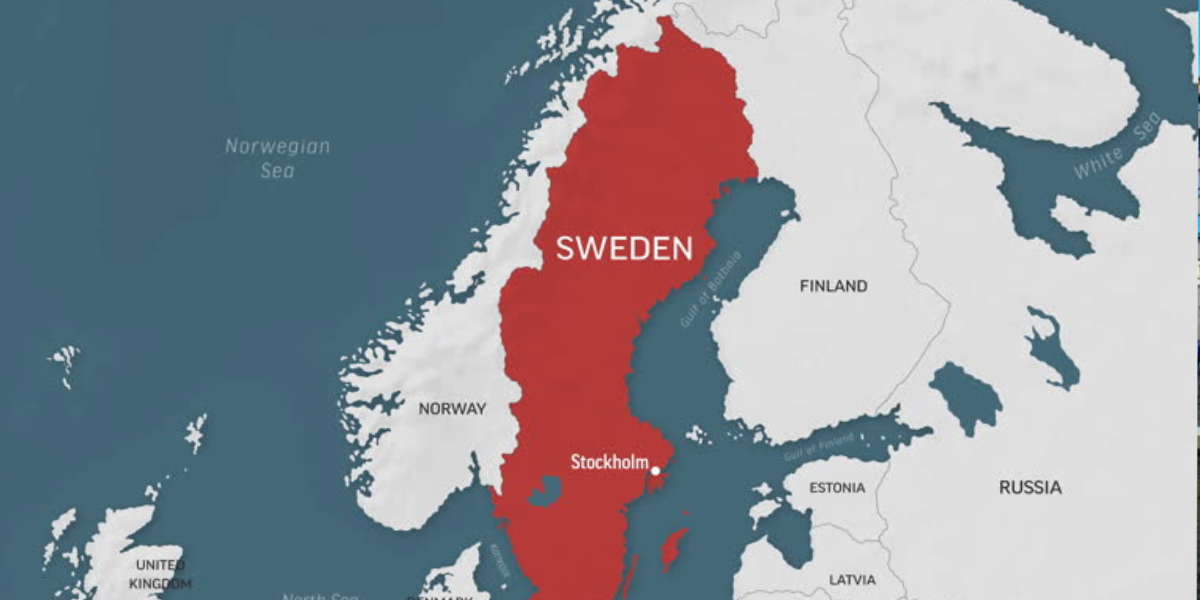
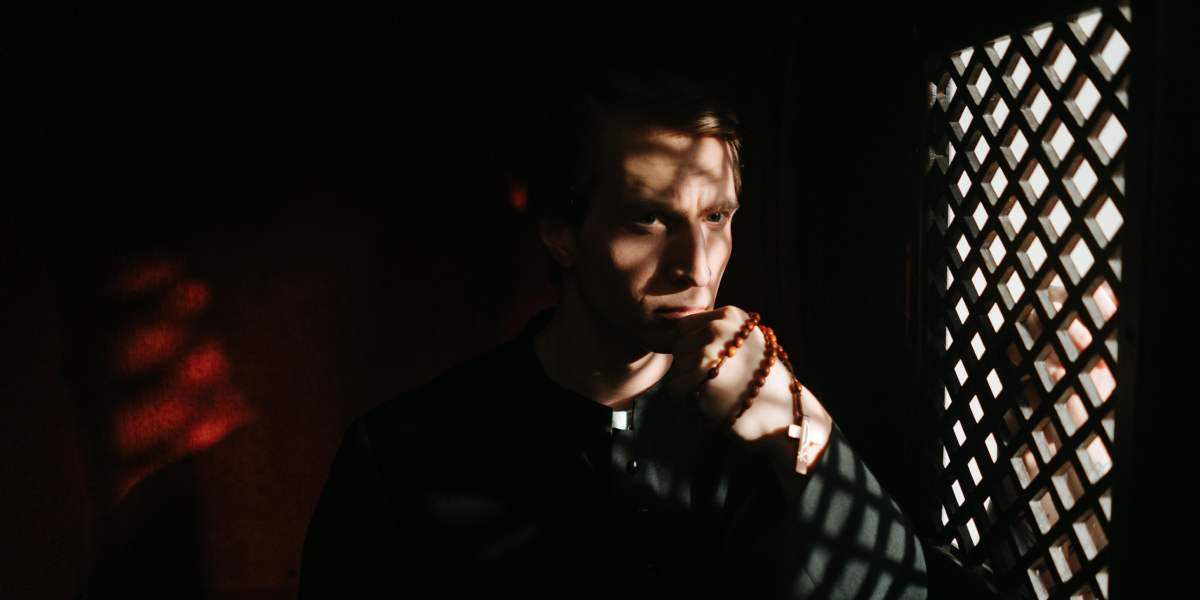

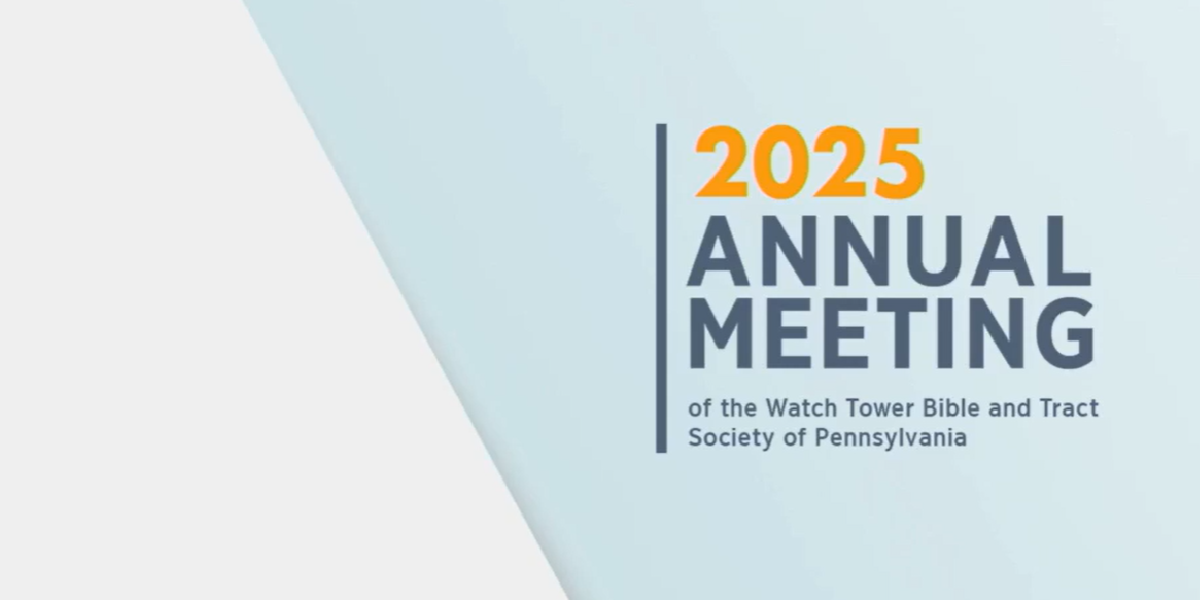
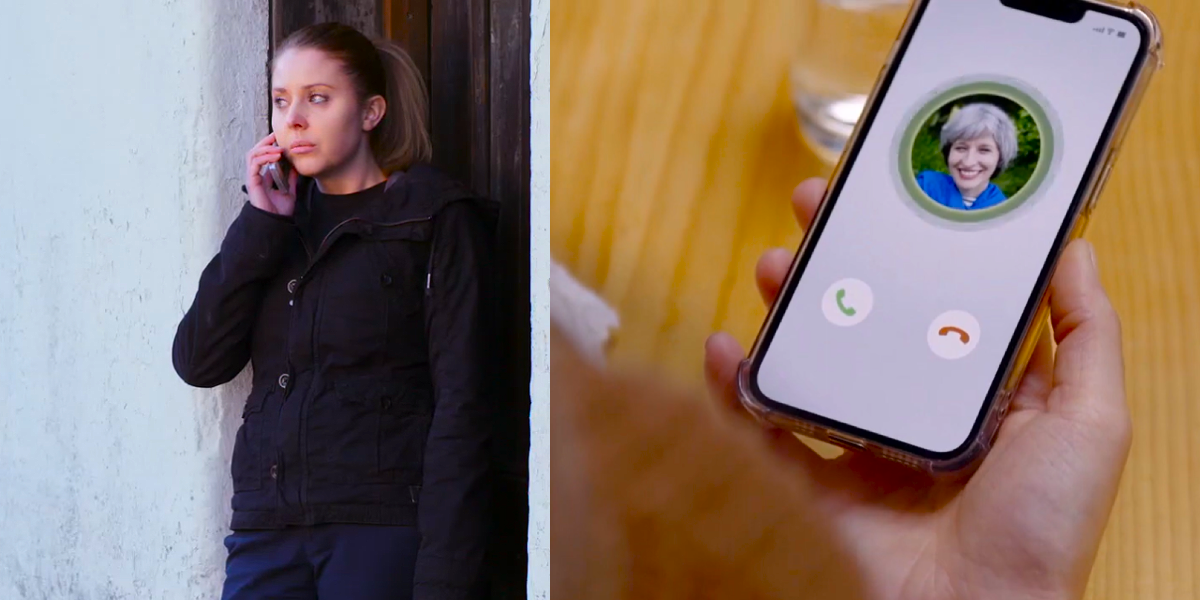

Lester Somrah writes about the beliefs and practices of Jehovah’s Witnesses on his social media platforms and was baptized as a member in 1998.